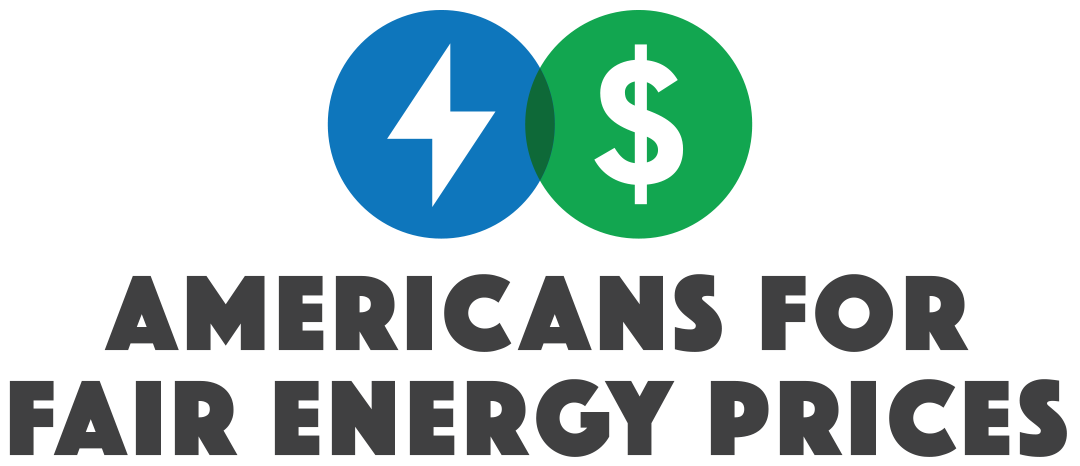
A Competitive Transmission Process Saves Consumers Billions of $$$
What is Right of First Refusal (ROFR)?
Right of First Refusal legislation, or ROFR, gives special rights to utilities by limiting competition on who can build electric transmission lines and automatically grants current utility providers the right to build any new transmission lines in their service area. Tens of billions of dollars in new transmission lines are slated for development in the Midwest in the coming years.
How do consumers save by defeating ROFR?
Defeating Right of First Refusal Legislation (ROFR) helps control rising energy costs by introducing competition.
Free market competition can bring savings of 20-30% or more in transmission construction – and those savings are passed on to consumers. But some states may eliminate competition – and the cost savings – by enacting “Right of First Refusal” (ROFR) laws.
Watch to Learn about the ROFR Rip Off
Competition Works - Here’s the Proof
$87 Million Saved
Fairport to Denny Transmission Line (MISO – Missouri)
Competitive bidding cut the cost nearly in half, from MISO’s initial estimate of $161 million to a winning bid of just $74 million. Missouri ratepayers also benefited from multiple cost caps, locking in long-term savings.
$6 Million Saved
Reid EHV to IN/KY Border Transmission Project (MISO)
Open competition saved customers $6 million upfront and delivered long-term protection with significant cost caps over 40 years. The winning bidder also earned top scores in every evaluation category: Cost & Design, Project Implementation, and Operations & Maintenance.
$14 Million Saved
Matheson–Redbud Transmission Line (SPP – Oklahoma)
Competition delivered $14 million in savings and a better design. An independent report found that the winning bid not only offered lower costs but also provided a superior engineering solution compared to other proposals.
ROFR nightmare in Minnesota - Consumers will be paying more for transmission lines
Minnesota adopted a ROFR law in 2012. According to the Star Tribune a year later:
“State laws in Minnesota, North Dakota and South Dakota, three of the eight states where Xcel operates, discourage competitive transmission projects. Xcel supported passage of those competition-limiting measures.”
“The price of a massive Xcel Energy Transmission line across southwest and central Minnesota - which would connect more wind and solar farms - has more than doubled to $1.14 billion.”
Competition can save consumers 20-30% on transmission construction costs - a savings that ROFR eliminates.
“If all new transmission projects were competitively bid … ratepayers could save an estimated $840 billion by 2050.”
“Where electricity transmission competition has been allowed, it was shown to have an estimated range of cost savings from 15% to 60% for new transmission projects. It has also played critical roles in bringing innovation to the transmission system and connecting needed renewable energy sources to the electricity grid. Assuming a conservative estimate, if only 33% of new transmission projects were competitively bid and there is an average cost savings of 40%, ratepayers could save an estimated $277 billion. If all new transmission projects were competitively bid at an average cost savings of 40%, ratepayers could save an estimated $840 billion by 2050.”
States with ROFR Losing in Court
States passing ROFR laws suffered high-profile defeats recently, showing that attempts to stifle competition will only delay needed transmission projects and force taxpayers to foot costly legal bills.
Think utility special legislation wastes money on lawyers and lawsuits.
Voters in Illinois are concerned that ROFR laws will lead to costly litigation, according to an AFEP survey of voters there.
79%

Consumers save more $$$ when rejecting ROFR
“Competition in transmission design can reduce final costs to consumers by encouraging firms to propose creative solutions to meet identified transmission needs more efficiently.”
- US Department of Justice and Federal Trade Commission





